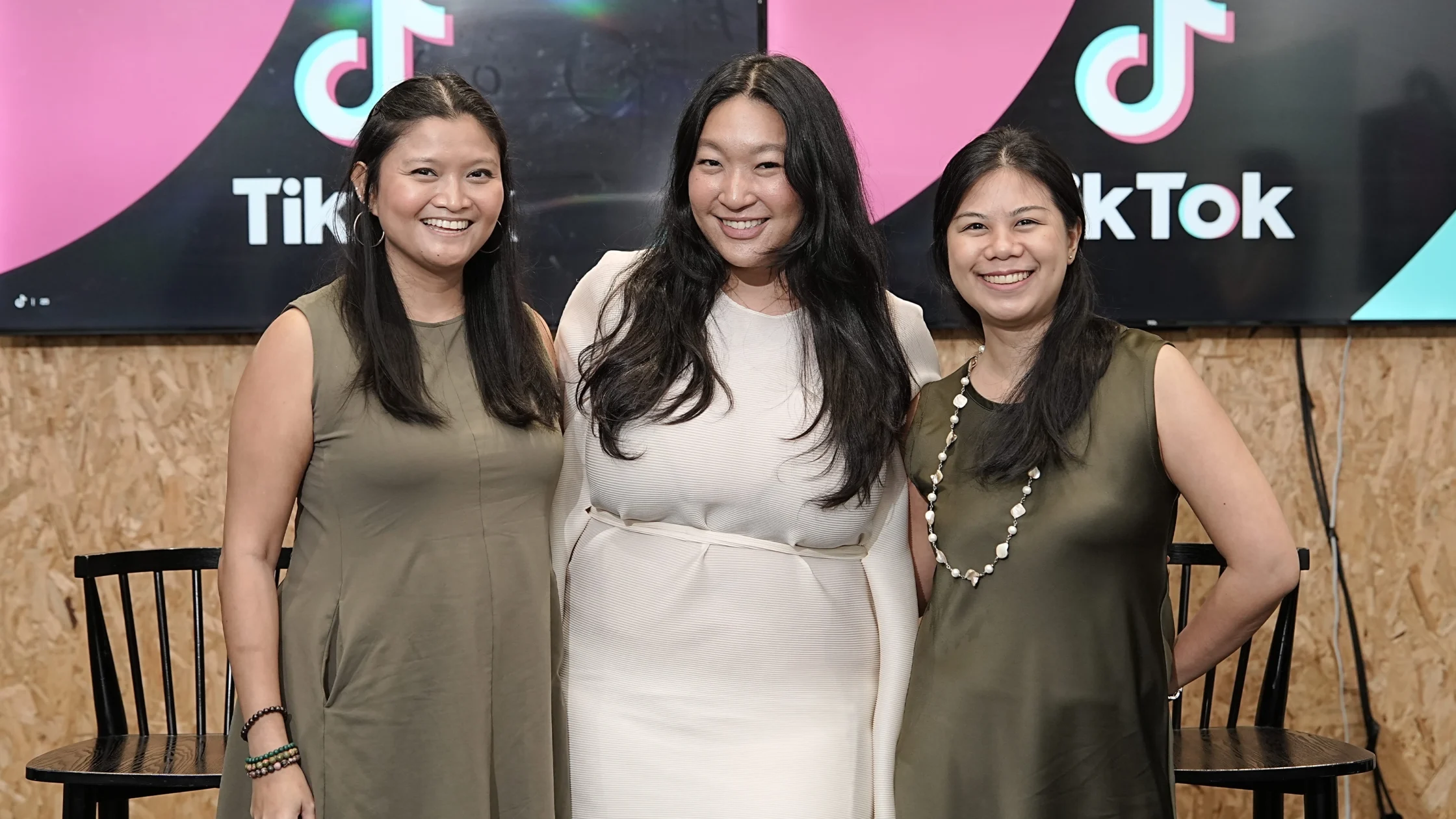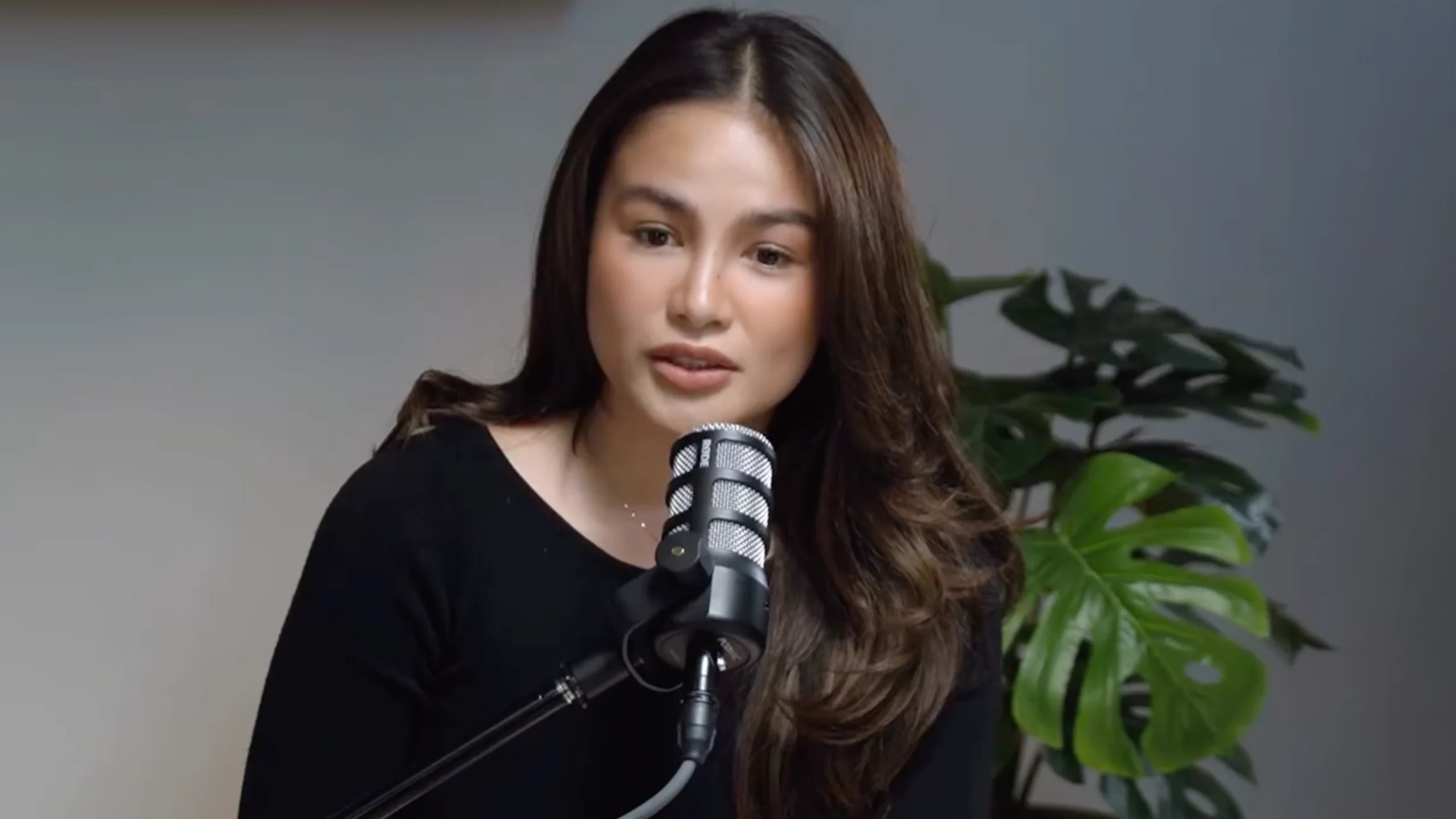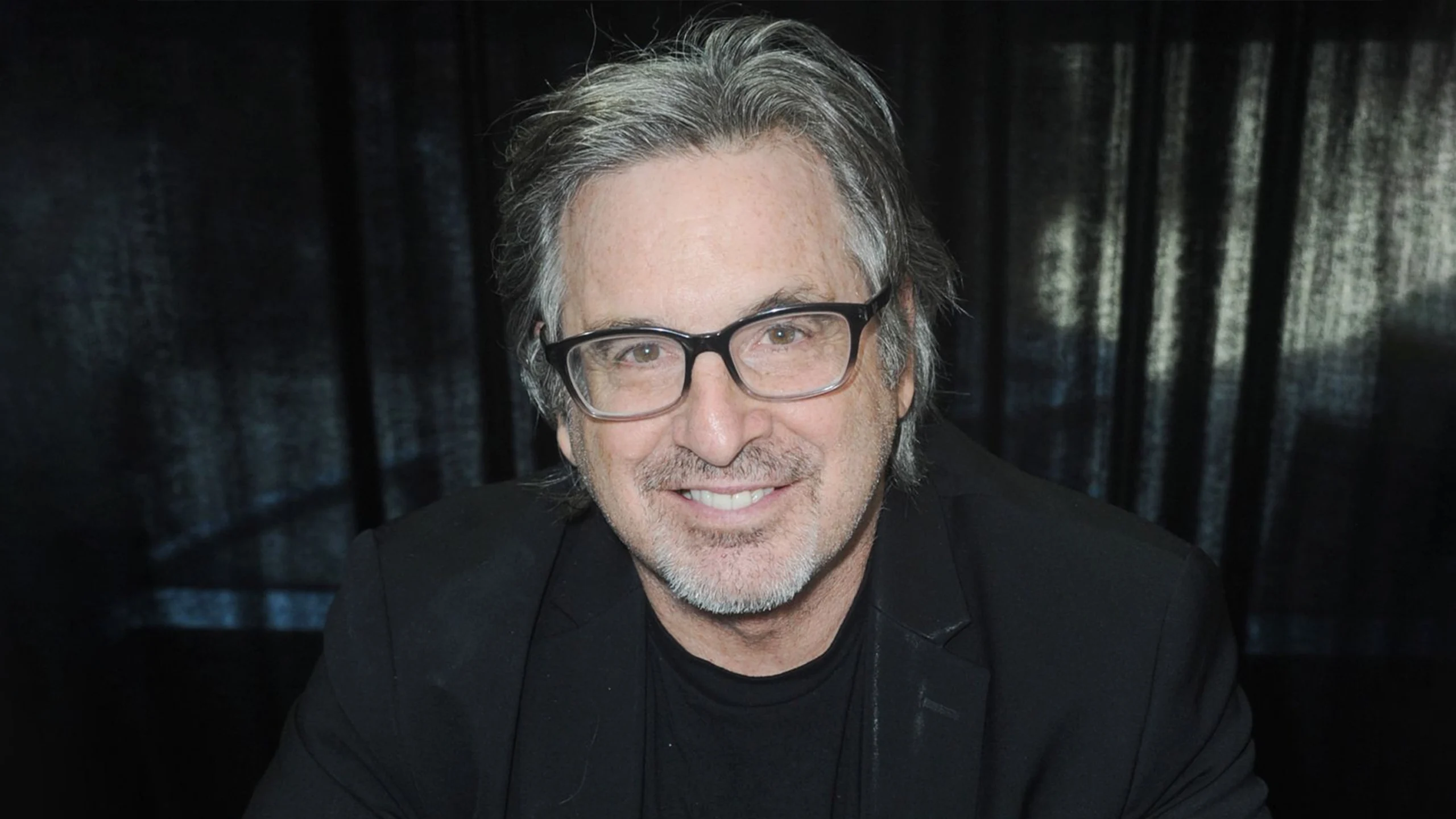The Case for a Holistic Approach to Kids and Social Media
Child Rights Coalition Asia Deputy Regional Executive Director Hazel Joy Bitaña says that the proposed bill restricting social media usage for kids should be studied well
For child rights advocates, the proposed bill to restrict kids from using social media filed by Senator Ping Lacson should be studied well, saying that there are both positive and negative advantages.
During a forum hosted by TikTok Philippines, Child Rights Coalition Asia Deputy Regional Executive Director Hazel Joy Bitaña said they are very cautious about these restrictive-based approaches.
“When we raised this, actually [the proposed bill] in the group of children that we asked, they were like, ‘Huh? You were limited in access?” Bitana shared.
“Because, for example, where do they follow the hashtag #walangpasok when they pass off things like that? But, you know, especially in our context in the Philippines, we have a lot of migrant parents, and social media is a way to connect. So we also need to look at this in a more holistic perspective.”
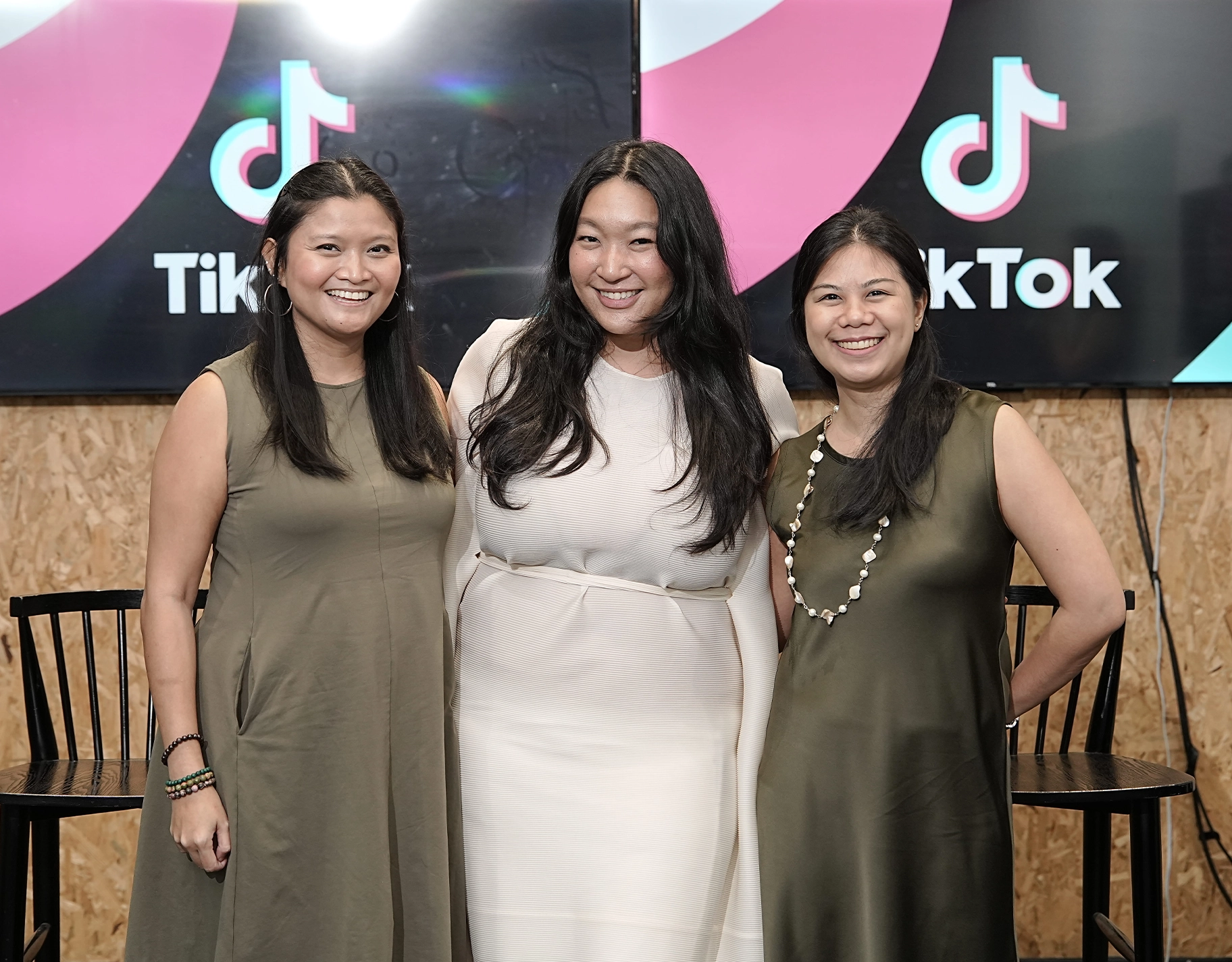
Safe Space for Kids
Bitaña explained that many kids go online because they form communities and groups where they can confine their thoughts, which they don’t share with their families.
“Do we think about where our children can hang out safely and affordably? Do we have these spaces for them to hang out without being judged?”
Bitaña suggested that social media should be used moderately, citing the features TikTok has implemented on its apps when kids use them.
“It’s not putting the blame on the victim, kasi gumamit kayo niyan at na expose dyan. It’s really about keeping the platform safe but not putting the burden on the young people,” she said.
Bitaña said that they are looking into how Australia, which passed its law last year, will implement it.
“We’ve heard some feedback already, because, for example, Messenger is widely used in the Philippines. You can’t open a Messenger account without a Facebook account. So now, how will the children talk to their parents abroad, the OFWs?”
Further discussions are still ongoing, with Bitaña sharing that they’ve heard other countries might replicate what Australia has done.
“For us at the CRC, it should be a holistic approach because it might not work and might put children in danger. And also, there are other things like freedom of expression. Some use it to express their gender, for their advocacy work. So taking it away from them is like taking away their other rights,” she said.
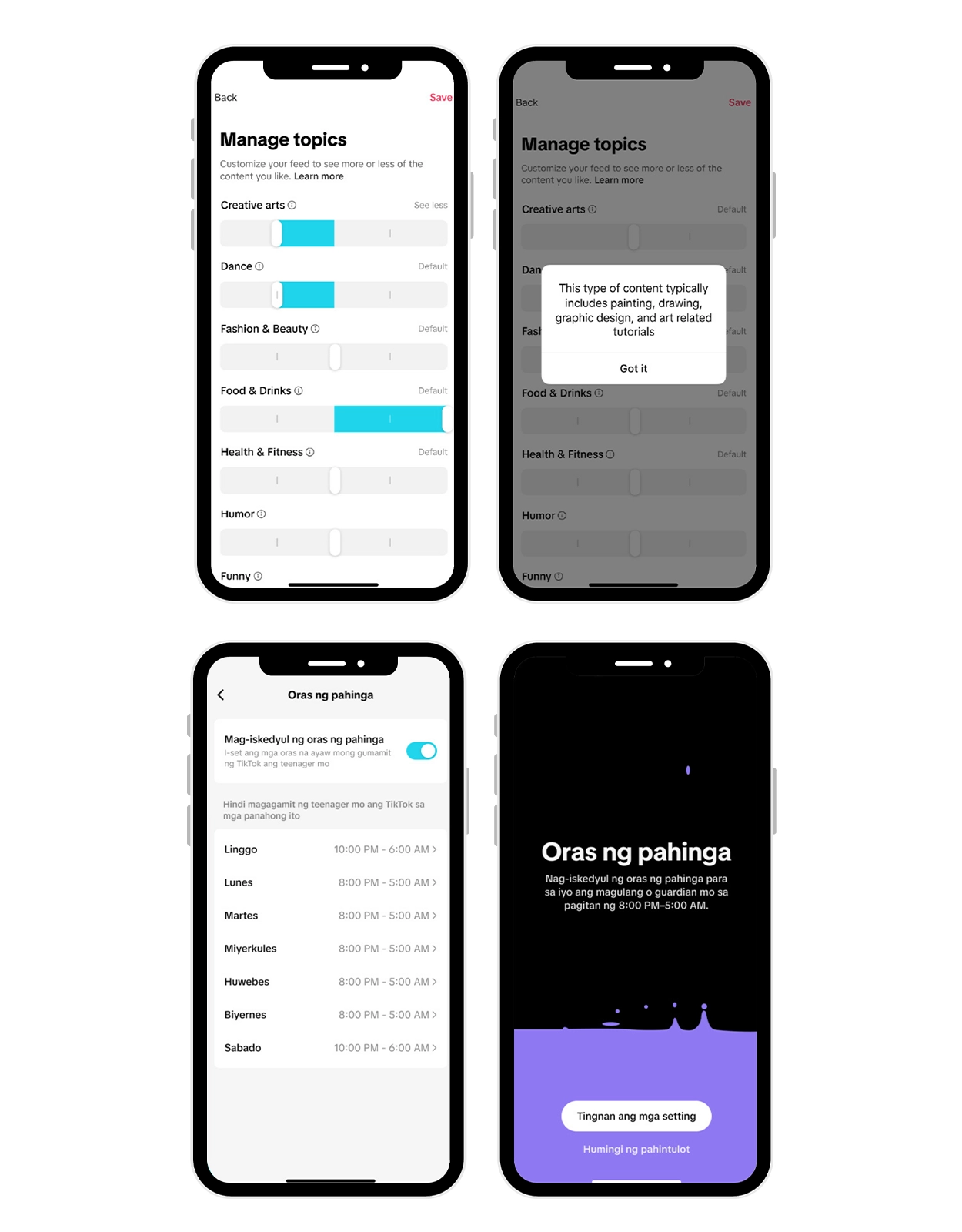
What’s the reason for the Social Media Restriction?
On July 2, Senator Lacson filed a bill inspired by Australia’s model for regulating kids’ access to social media platforms. It aims to put firm restrictions in place for Filipino minors, and more importantly, hold platforms accountable when those restrictions are ignored.
The bill is known as An Act Regulating the Use of Social Media Platforms by Minors, Imposing Age Restrictions, Providing Penalties for Violations Thereof, and for Other Purposes.
Lacson cited a study from the United Nations Children’s Fund (UNICEF) on the effects of excessive social media use among children.
The proposed bill is patterned after Australia’s law, which was passed last year. Under the law, kids under 16 years old are restricted from using Social Media.
More on Social Media and AI
What Role Does AI Play In Education?
Hey Kids! Social Media Is A Big Responsibility
3 Important Laws Parents Should Know Protecting Their Kids On and Offline
